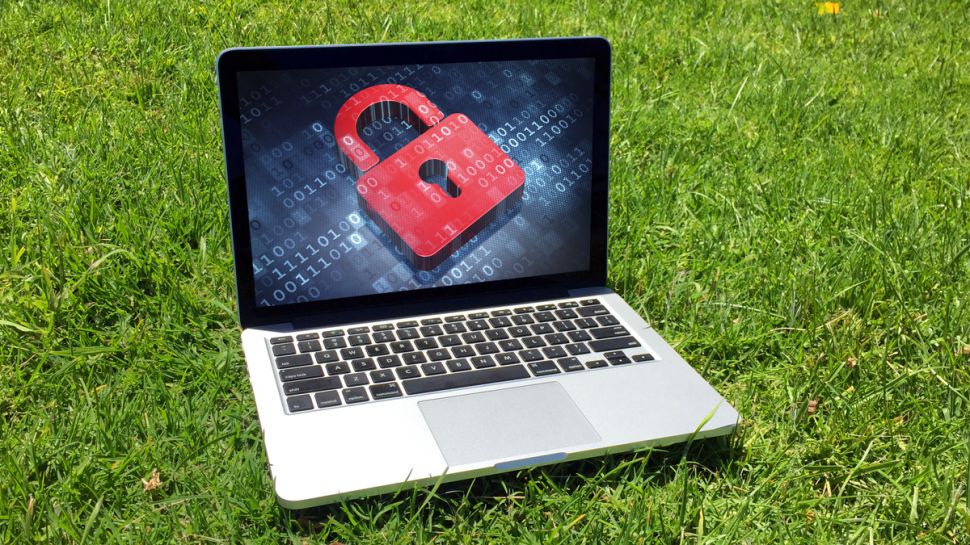Windows 11 is now much better protected against these huge security threats
New version, new Windows 11 tools to stop ransomware

Sign up for breaking news, reviews, opinion, top tech deals, and more.
You are now subscribed
Your newsletter sign-up was successful
The next version of Windows 11 will come with improvements to the Microsoft Defender for Endpoint cybersecurity platform that should be better at protecting Windows 11 users from ransomware and other “advanced attacks”
In a blog post, Microsoft announced the upcoming Beta Channel launch comes with a handful of new features and upgrades, including one which, “enhanced Microsoft Defender for Endpoint’s ability to identify and intercept ransomware and advanced attacks.”
Other fixes and improvements include the ability to compress a file regardless of its size, if Server Message Block (SMB) Compression is configured, as well as improved storage replication that occurs over low bandwidth or congested WANs. Microsoft fixed a handful of issues, as well, including one that causes Windows to display tablet mode features for devices without touchscreens, and one that causes some application windows to have blank sections in the Task View Preview.
Never pay the ransom
Microsoft’s move is yet another proof of the dangers posed by ransomware threat actors. Over the years, they’ve gotten better at deploying ransomware across organizations, as the work is often split among different groups. Some are with initial compromise, while others with negotiations over the release of the data and the payment.
Law enforcement agencies, as well as cybersecurity firms, are urging organizations not to pay the ransom, as there is no guarantee they’ll get their data back, and no guarantee they won’t be attacked again, tomorrow, by the same, or a different, group.
On the other hand, paying the ransom only incentivizes the threat actors to continue pursuing this type of attack.
Instead, businesses should focus on educating their workforce on the dangers of phishing and social engineering, make sure their software and hardware is up to date so that the flaws don't get targeted with malware, and tighten up on security with firewalls, two-factor authentication, antiviruses, and possibly zero-trust. Also, businesses should keep a backup of their data, and regularly update/test it.
Sign up to the TechRadar Pro newsletter to get all the top news, opinion, features and guidance your business needs to succeed!
- Here's our take on the best firewalls right now
Sead is a seasoned freelance journalist based in Sarajevo, Bosnia and Herzegovina. He writes about IT (cloud, IoT, 5G, VPN) and cybersecurity (ransomware, data breaches, laws and regulations). In his career, spanning more than a decade, he’s written for numerous media outlets, including Al Jazeera Balkans. He’s also held several modules on content writing for Represent Communications.